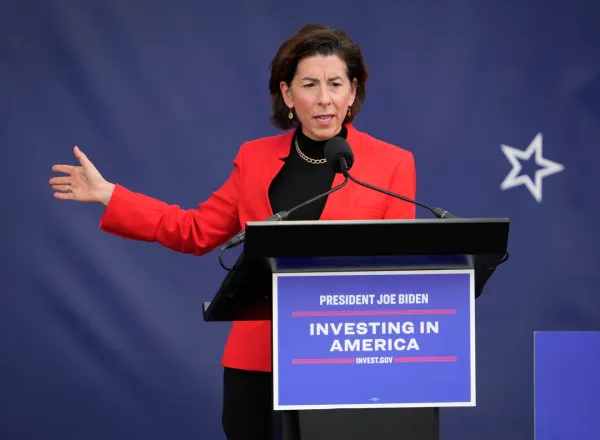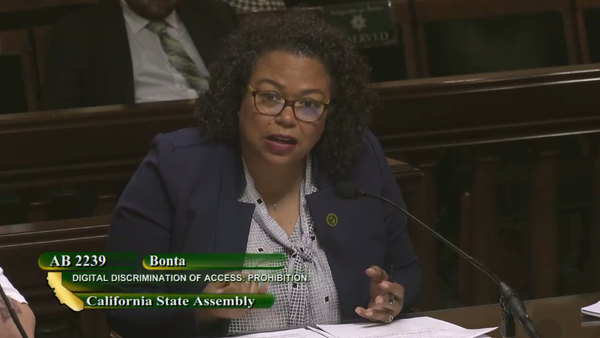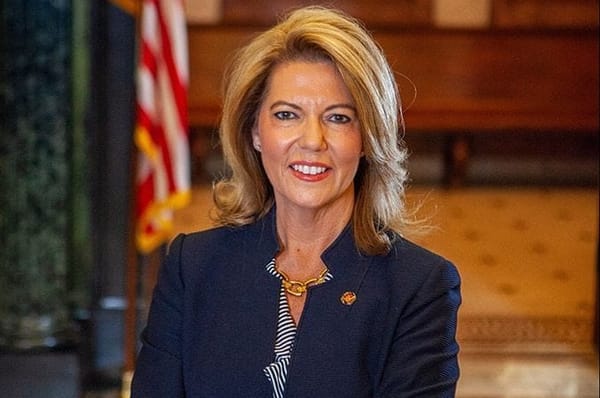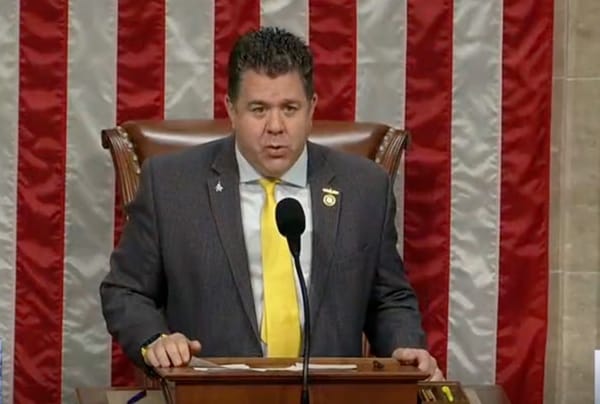More Companies Are Defaulting on RDOF Money They Won
Defaulters say new FCC mapping data shows areas they bid to connect are already adequately served.
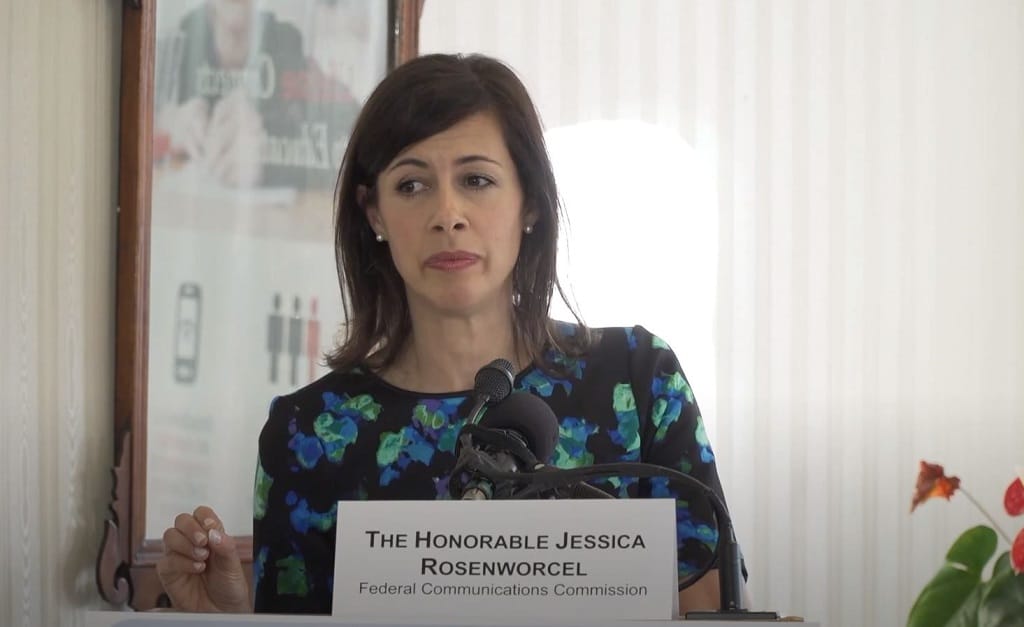
August 12, 2021 – At least five companies have asked the Federal Communications Commission to waive penalties against them for defaulting on coverage areas they said they would connect as part of their winning bids for the $9.2-billion Rural Digital Opportunity Fund.
Within the first two weeks of August, Citynet West Virginia, Covington Electric Coop (Alabama), Tallahatchie Valley Internet Services (Mississippi), First Light Fiber (Mississippi), and Meriwether Lewis Connect (Tennessee) all filed requests for relief from penalties of $3000 per violation for bringing forth admission that certain areas for which they won money from RDOF to build in may already have adequate internet.
In their notices, some attributed their enlightenment to updated FCC maps based on Form 477 data, an often criticized form of data collection that is reliant on service provider data. For example, First Light and Covington said it bid on areas it didn’t know was already served by AT&T and CenturyLink, respectively.
FCC asked companies to consider withdrawing
The defaults come just three weeks after the agency sent letters on July 26 to 197 winning bidders to reevaluate their coverage areas because it had come to the commission’s attention that those areas may already have adequate connectivity (the federal standard is 25 Megabits per second download and 3 Mbps upload).
The commission had already announced that several companies had defaulted on their winning bids. At that time, the agency also said it was ready to authorize 1,500 winning bids amounting to $311 million, a pittance compared to the overall size of the pot.
It’s part of the agency’s purging of the beneficiaries of the auction, helmed by former FCC Chairman Ajit Pai when the winners were announced in December, which had been lambasted in the subsequent months by allegations that companies were exaggerating their abilities and that coverage areas addressed by the winners were already connected.
A couple of companies have also raised to the FCC updates on their certification as eligible telecommunications providers in their states. Without that certification, the FCC wouldn’t be able to rubberstamp the winners.
Charter Communications filed notice with the FTC on Monday that it now has certification in all states for which it won RDOF money.
As part of its process, the agency had automatically announced that some were offside of the rules because it had not received the certifications and denied them funds. Those included AB Indiana and top winner LTD Broadband, whose lack of certification in Nebraska prompted the state’s public commission to notify the FCC that the agency got it wrong when it said the state only requires 30 days for certification.


